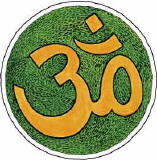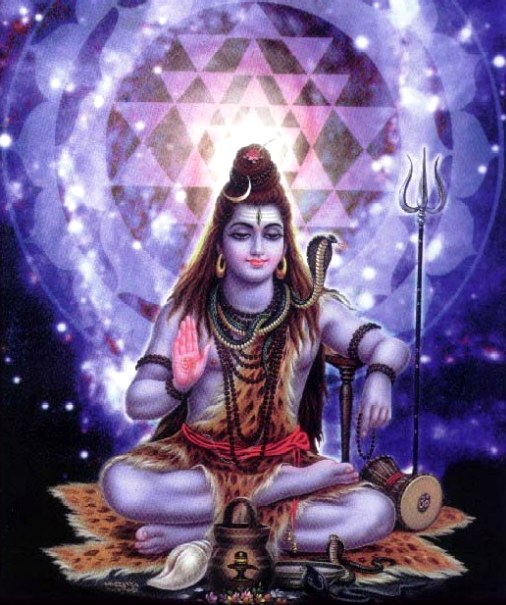Around
8000 years ago, one of the first religions on Earth appeared. It is
traditionally called “Sanatana Dharma” which means “The Eternal Truth”
or “The Eternal Principle”. Currently, it has more than 900 million
followers worldwide. Alas, many believe that Hinduism (the international
name of Sanatana Dharma) isn’t a practical religion judging by the huge
number of divinities mentioned in its scriptures.
 Hindus see divinity in everything. Humans and God aren’t two; they are
one. Once this veil of duality is pierced, the seeker becomes an
enlightened being and realizes his divinity, which is the same truth
pointed at differently according to every sage. What Hinduism calls
liberation is the ultimate release from human sorrow and suffering.
There is no insistence on there being only one way to attain this goal.
That’s why, in Hinduism, no one is required to change his/her religion.
Actually, it is considered unrighteous for someone to destroy the faith
he was born to, because all religions are different pathways to the same
goal. It is advised that, no matter what religion you’re in, you delve
deeper in it, for, you will find there the real essence of all
religions.
Hindus see divinity in everything. Humans and God aren’t two; they are
one. Once this veil of duality is pierced, the seeker becomes an
enlightened being and realizes his divinity, which is the same truth
pointed at differently according to every sage. What Hinduism calls
liberation is the ultimate release from human sorrow and suffering.
There is no insistence on there being only one way to attain this goal.
That’s why, in Hinduism, no one is required to change his/her religion.
Actually, it is considered unrighteous for someone to destroy the faith
he was born to, because all religions are different pathways to the same
goal. It is advised that, no matter what religion you’re in, you delve
deeper in it, for, you will find there the real essence of all
religions.
Within
Hinduism, there are different pathways leading to the same goal, such as
the path of selfless action (karma yoga), the path of devotion (bhakti
yoga), the path of self-inquiry (jnana yoga) or the path of meditation
(raja yoga). Ultimately, there is no difference between spirituality and
worldly life. There is no need to renounce one for the other because
Hinduism isn’t a religion; it’s a way of life. Through spirituality,
life in all its aspects becomes more meaningful.
 In
Sanatana Dharma, no one is ‘unworthy’ forever. That would be like
deciding, after building a hospital, that no patients are allowed.
Devotion, faith, and attentive awareness in every action – this is what Sanatana Dharma teaches. It doesn’t ask you to blindly believe in
anything. Reading the texts of Hinduism such as the Upanishads, Bhagavad
Gita, Brahmasutra, Ramayana, and Mahabharata will provide eternal truths
and principles that people of all ages and religions can grasp and
practice effectively without really needing to adopt Hinduism.
In
Sanatana Dharma, no one is ‘unworthy’ forever. That would be like
deciding, after building a hospital, that no patients are allowed.
Devotion, faith, and attentive awareness in every action – this is what Sanatana Dharma teaches. It doesn’t ask you to blindly believe in
anything. Reading the texts of Hinduism such as the Upanishads, Bhagavad
Gita, Brahmasutra, Ramayana, and Mahabharata will provide eternal truths
and principles that people of all ages and religions can grasp and
practice effectively without really needing to adopt Hinduism.
The
main aim of Sanatana Dharma is to realize that all being are an
extension of our own selves. So, what we do to the people around us, we
are directly or indirectly doing it to ourselves. As Lord Jesus Christ
said in Matthew 7:12 “So in everything, do to others what you would have
them do to you, for this sums up the Law and the Prophets.”